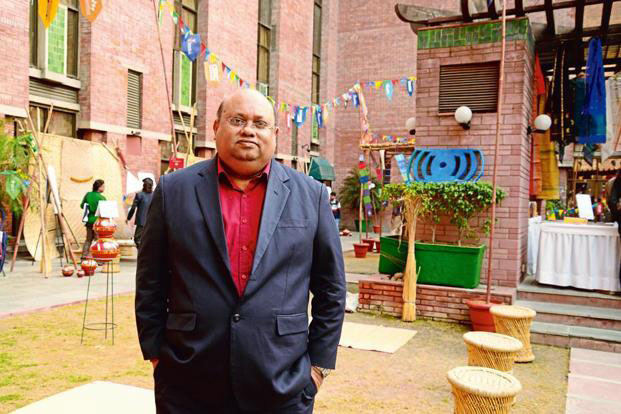Software to match fingerprints alters investigations in Sri Lanka
January 20, 2016 01:19 pm
Fingerprint identification is one of the oldest forms of biometrics and is often considered reliable because of the uniqueness of fingerprints and easy availability.
In Sri Lanka, fingerprints have been used by investigation agencies since 1908. But a major challenge was that since they were searching through a manual system with the naked eye, that judicial and police investigators took up to four weeks to submit a report. This time has now been cut to a single day—after a technology called Automated Fingerprint Identification System (AFIS) was provided by the Colombo School of Computing to police agencies.
In 2010, Theekshana, a company managed by the University of Colombo School of Computing, was approached by the police to develop a software that could make fingerprint identification faster and more accurate. Initially, researchers at Theekshana worked on an AFIS system that had been released as a free and open source software by the US National Institute of Standards and Technology (NIST).
It was based on biometric algorithms and Theekshana research further introduced several algorithms for matching and processing fingerprints.
“An important feature is that it can even identify a fragment of a fingerprint that you find at a crime site, and identify a person. What is coming up is Modus operandi, which is based upon how they carry out crimes, so we can predict and identify who the criminal is and combine that with fingerprint identification,” said Harsha Wijayawardhana, head of the software development unit at University of Colombo School of Computing in an interview.
“The more the features, the more accurate it is. By next year, with the million records we have, we can do pattern matching and tell you what the next hit will be like,” added Wijayawardhana.
The system is programmed to carry out matching of each of 10 fingers of people in its database simultaneously in such a way that each digit, depending upon its position, will be compared only with the finger in the same position. At present, the comparison speed has been brought down to less than a minute with 99. 9% accuracy.
The Theekshana team has developed, in addition to the comprehensive web-based application, a desktop application which has several tools for cleaning, image processing and bulk cropping. This enables fingerprint experts to clean up and enhance latent prints which are found at crime scenes before placing them for matching. These tools include image filters, image enhancers and image optimizers.
Unlike Ten Print matching, latent print matching is far more difficult due to the fact that there may not be a full fingerprint. Latent fingerprints are lifted from the surface of objects that are inadvertently touched or handled by a person, through a variety of means ranging from simply photographing the print to more complex dusting or chemical processing. As part of the fingerprint identification system, Theekshana also provides a fingerprint editing tool which is designed to digitize fingerprint impression slips, as well as aid in correct identification of latent prints. The initiative won a Manthan award in the e-governance category in 2015.
By end of this year, Theekshana plans to extend the service to more remote locations so that one can upload a fingerprint and send it to the central system from there.
“Normally, when we use a manual system, it takes a long time. With this it takes three minutes to identify a fingerprint. So we used to have around 12,000 reports pending every day, but with this we can give the report on time. It is very helpful for investigation and also people as we don’t need to keep people in the lockup unnecessarily; when we arrest (a suspect), we can send the fingerprint and we can see if we need the person (in custody) or not,” said Chaminda Nawardhan, additional registrar of fingerprints at the criminal records division of the Sri Lanka police.
Source: Live Mint














